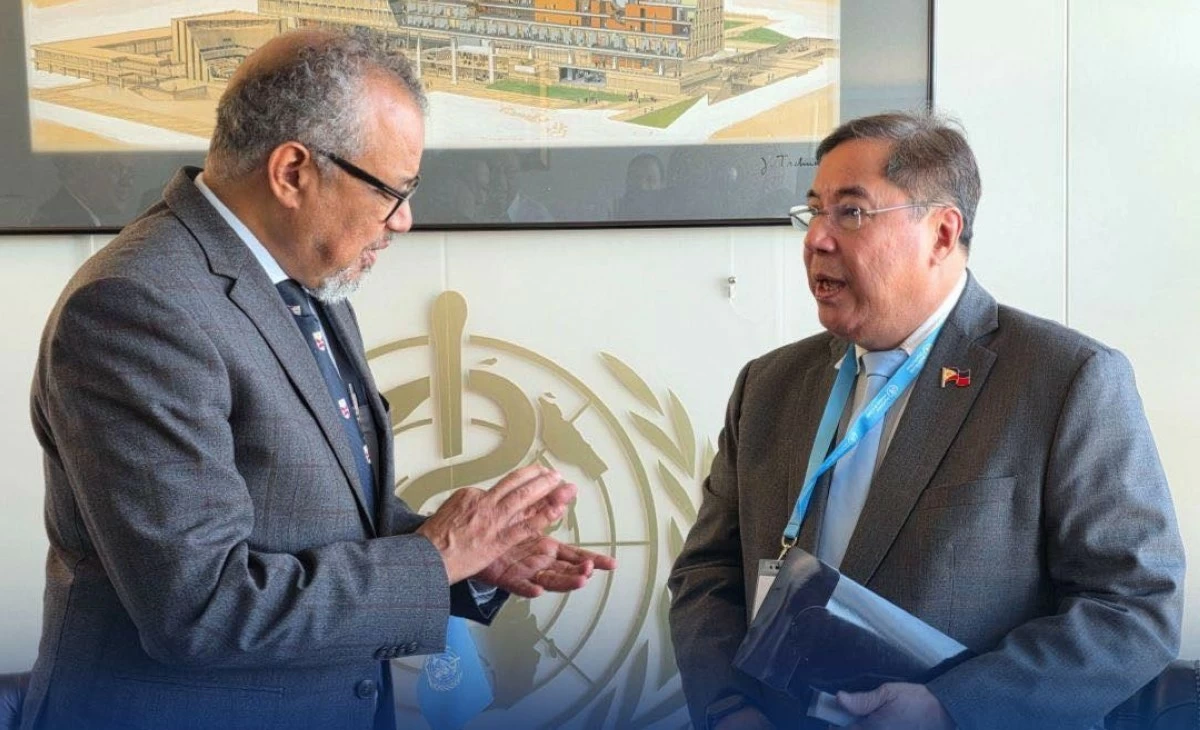Taiwan Snubbed Again: WHO Assembly Rejects Bid Amid China Pressure

Taipei, Taiwan - Taiwan has once again been excluded from participating in the World Health Organization (WHO)'s annual assembly, following a decision by member states on Monday. The proposal to invite Taiwan, officially known as the Republic of China, to attend the gathering in Geneva was rejected, largely due to strong opposition from China.
This marks another year of diplomatic isolation for Taiwan, which has been facing increasing pressure from Beijing to limit its international engagement. China views Taiwan as a renegade province that must eventually be reunified with the mainland, by force if necessary, and has consistently lobbied against Taiwan’s inclusion in international organizations like the WHO.
The proposal to invite Taiwan was initially supported by Belize and Saint Vincent and the Grenadines, but ultimately failed to garner enough backing to overcome China's influence. The WHO’s decision-making process is heavily influenced by its member states, and China’s considerable political and economic clout has proven a significant hurdle for Taiwan’s participation.
Why Taiwan's Exclusion Matters
Taiwan has a robust healthcare system and has consistently demonstrated its ability to respond effectively to global health crises, including the COVID-19 pandemic. Excluding Taiwan from the WHO prevents the organization from benefiting from Taiwan’s expertise and insights, potentially hindering global health security. During the COVID-19 pandemic, Taiwan was notably proactive in developing and implementing preventative measures, sharing valuable data and contributing to global understanding of the virus – all while being effectively shut out of official WHO channels.
Furthermore, Taiwan's exclusion raises questions about the fairness and impartiality of the WHO. Critics argue that the organization's actions are unduly influenced by political considerations, rather than prioritizing public health.
International Reactions and Future Prospects
The decision has drawn criticism from various international bodies and governments, particularly from countries that advocate for Taiwan's inclusion in international forums. The United States has consistently voiced its support for Taiwan’s participation in the WHO, highlighting the value Taiwan brings to global health discussions.
Despite the setback, Taiwan remains committed to contributing to global health efforts. The Taiwanese government continues to explore alternative avenues for collaboration and information sharing with international partners, emphasizing its dedication to safeguarding public health worldwide. The ongoing situation underscores the complexities of Taiwan’s diplomatic status and the challenges it faces in securing its rightful place on the global stage.
The annual WHO assembly serves as a crucial platform for discussing global health priorities and coordinating responses to health emergencies. Taiwan's absence represents a loss for the international community, depriving it of a valuable partner in the pursuit of a healthier world. The debate surrounding Taiwan's inclusion is likely to continue, highlighting the intersection of health, politics, and diplomacy on the global stage.






